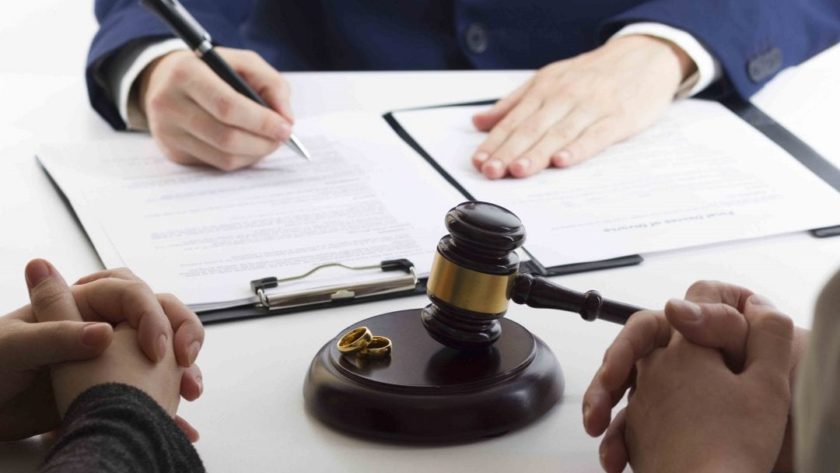Everybody is a photographer these days. It is simpler than ever to pull a smartphone out of a pocket or purse and take a picture of whatever it is that someone wants to record. A photo can quickly capture and preserve a moment in time, for better or worse, whether it is taken up close or from a distance.Many people wonder whether they have a right to privacy and whether taking pictures constitutes a privacy violation as a result of all the photo-taking.
When Is It Wrong To Take Someone’s Picture Without Their Permission?
According to current Australian legislation, it is illegal to take a picture of someone without their consent or to publish that photo without their consent under the following situations:
When intimate images are published without consent (commonly known as “revenge porn”), this may amount to stalking or offensive internet use, which are criminal offences in all Australian jurisdictions. When the photos published are naked or sexually explicit photographs, and the publication harasses, intimidates, or humiliates a person. In recent years, this has been declared a crime in all states and territories if a photograph of a person entering or leaving an abortion facility is released. According to “safe access zone” rules, publishing such a picture is illegal in several places.
My neighbour took a photo of me
Imagine you are gardening in your yard one day, going about your business, when you notice your neighbour taking a photo of you from their upper-floor window. You undoubtedly feel as if your privacy has been invaded. However, did your neighbour really break the law? Most likely not.
The neighbour probably didn’t break any privacy laws by taking your picture if they were on their own property, where they had a right to be, and if you were outside in the open.
Many people are shocked by this, especially considering that a photo can be taken from a great distance and possibly without the subject’s consent or knowledge.
When Is Taking a Photo an Invasion of Privacy?
In general, the REP, or reasonable expectation of privacy, of the person in the photo determines whether taking the picture violates their right to privacy. A person has less REP the more widely known a location is. Your REP is very constrained, for instance, in a park or on the street.
On the other hand, when you are in your own home or another private setting, you can expect privacy. Sometimes you experience a REP while in a public setting, like a park restroom.
Think about the neighbour in the previous illustration. Depending on whether you were in your front yard or backyard when your neighbour took the picture, your REP might change. If your backyard is fenced in, for instance, you might argue that the REP there is higher than in the front yard.
In general, it is acceptable for people to take pictures in any public space as well as any privately owned or rented space. In most cases, you need the owner’s permission to take photos while on someone else’s private property.
Having said that, it’s a different matter if the photographer is using the images for illegal reasons, like stalking or harassment.
When Is It Wrong To Take A Picture Of Someone (Even With Their Permission)?
When someone photographs or publishes a picture of another person, even with that person’s consent, it may be illegal. These circumstances include:
if the image is a sexually explicit or naked picture of a person who is under the age of 18. When images or videos are captured in locations where photography is prohibited, such as inside a courtroom, or in locations where a person can reasonably expect privacy, like a changing room, this may amount to child pornography.
Taking a picture of someone without their consent or, in other cases, distributing or publishing that picture without that person’s consent is not currently illegal in Australia. There is currently no civil law remedy available if you are photographed without your consent or if photographs of you are distributed or published elsewhere. Without the parents’ consent, it is also legal to take pictures or videos of kids in public places as long as the images don’t violate any criminal laws regarding child abuse material and aren’t obscene.
Making Use of Your Portrait Rights
It can be difficult to enforce a privacy violation. A local personal injury lawyer can help you determine what options you may have if you feel that your portrait rights have been violated.





